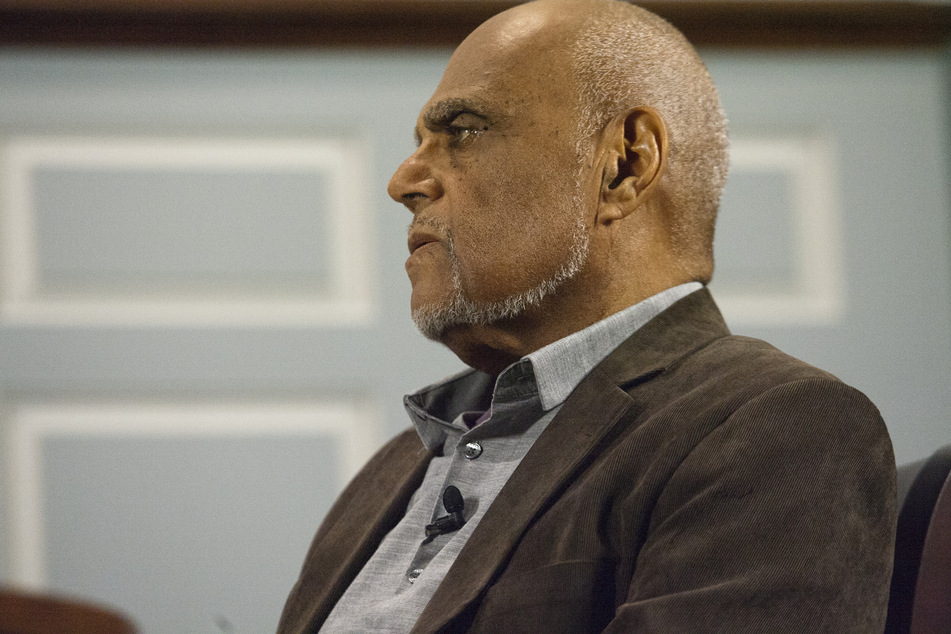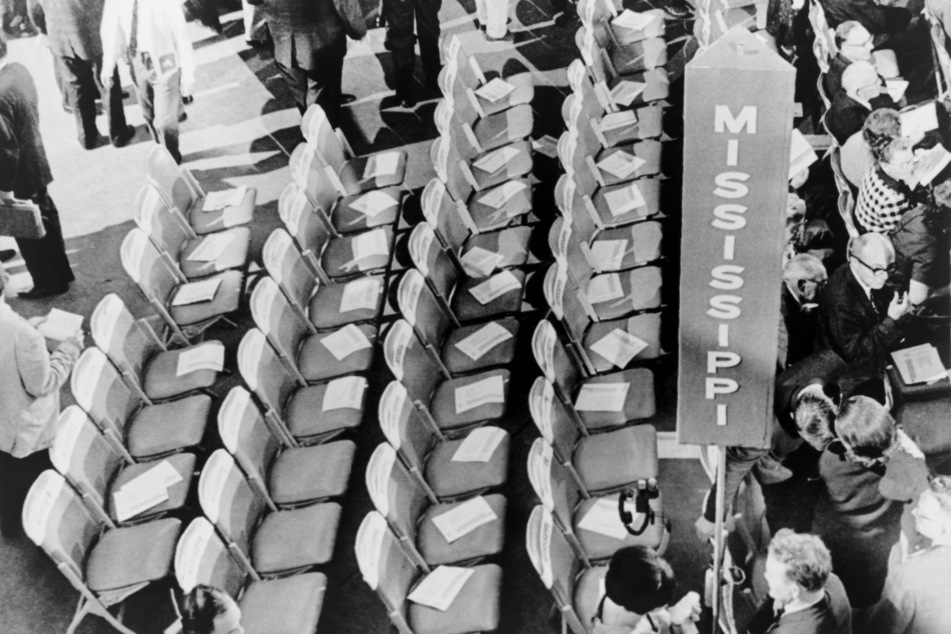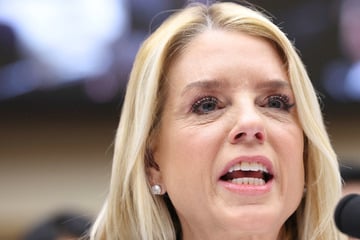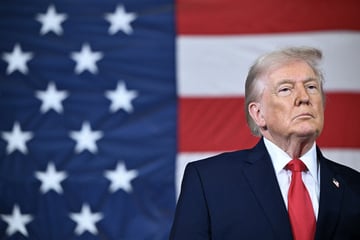Robert Parris Moses, celebrated civil rights leader and educator, has died
Hollywood, Florida – Robert Parris Moses, a 1960s civil rights icon, died on Sunday morning at the age of 86, his wife confirmed.

According to the Associated Press, the civil rights leader's wife, Dr. Janet Moses, confirmed his passing, but the cause of death has not yet been revealed.
Robert "Bob" Moses was known for leading Black voter registration drives in the South in the 1960s, as well as starting a math education program for minority students.
After his family participated in the Great Migration of Black Americans from South to North, Moses was born and spent his formative years in Harlem, New York City. His first extensive trip to the South was in 1960, and he soon took up a role as a Mississippi field officer for the Student Nonviolent Coordinating Committee (SNCC).
In that position, Moses was the primary organizer of many voter registration drives for Black Americans, including the 1964 Freedom Summer Project. The purpose was to help Black Americans exercise their right to vote despite the array of tactics that effectively disenfranchised them, including poll taxes, subjective literary tests, and outright intimidation and violence.
Moses himself was beaten and arrested for his efforts. In 1961, he filed suit against one of his white attackers, but the all-white jury acquitted the defendant.
In another incident in 1963, he and two other activists were driving through Greenwood, Mississippi, when someone started shooting at them. "We all were within inches of being killed," Moses said in a press release at the time.
The activist later said, "I was taught about the denial of the right to vote behind the Iron Curtain in Europe. I never knew that there was (the) denial of the right to vote behind a Cotton Curtain here in the United States."
Moses continued the fight for civil liberties as an educator

In 1964, Moses helped found the Mississippi Freedom Democratic Party (MFDP) to challenge the state's all-white delegation at the Democratic National Convention in New Jersey. They argued that the regular delegates were not democratically chosen due to voter suppression tactics targeting racial minorities.
Despite moving testimonies from MFDP delegates and broad popular support from across the nation, then-President Lyndon B. Johnson barred the MFDP delegates from voting at the convention, instead choosing to seat the usual segregationists.
Moses' activism during the period extended to demonstrations against the Vietnam War. He spoke at the first large anti-war protest in front of the Washington Monument in 1965.
He then worked as a teacher in Tanzania before returning to Harvard, where he got his doctorate in philosophy.
In 1982, he founded the Algebra Project with a MacArthur Fellowship grant. The program took a community-based approach to boosting math literacy among underserved students, with the goal of improving college admission and job prospects for young minorities.
In all of Moses' many endeavors, friends and collaborators have described him as remarkably generous, determined, and humble.
Cover photo: Wikimedia Commons/Miller Center

